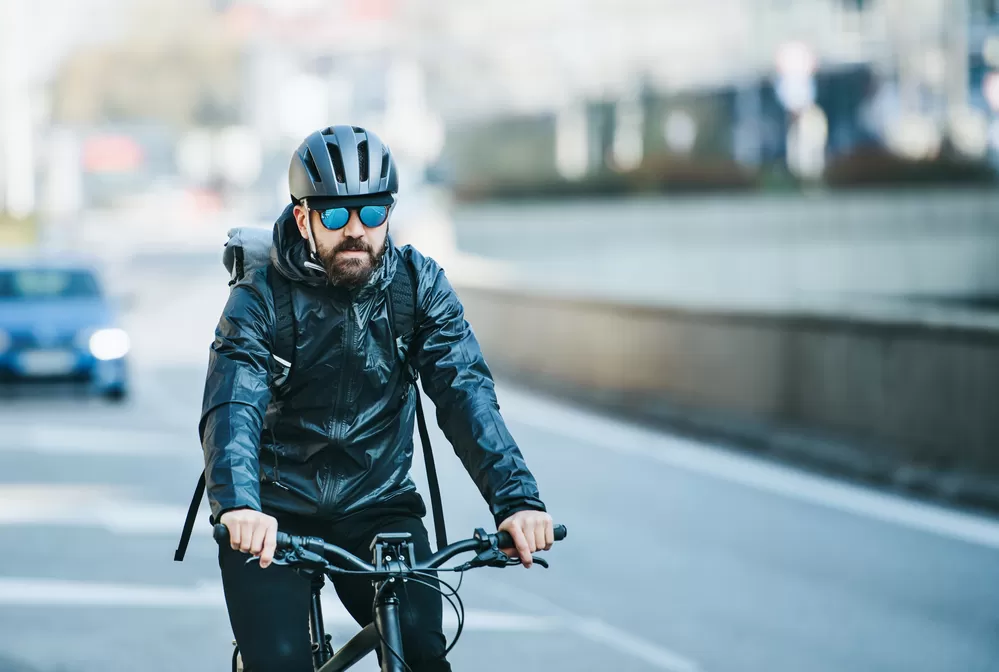If you own a bicycle, you most likely enjoy riding it whenever and wherever you can. Knowing the Washington, D.C., metro area’s bike laws can help you ride safely. You can’t, however, remain certain that everyone else knows or follows all the D.C. bike laws.
If someone causes you to become injured while biking, count on the firm of Koonz, McKenney, Johnson & DePaolis, LLP to fight for your personal injury damages recovery.
1. Do D.C. Bike Laws Allow You To Ride a Bike on the Sidewalk?

One of the three bike laws you should be familiar with relates to sidewalks. You may ride on sidewalks provided you are not in the downtown D.C. central business district. In Virginia, the law allows sidewalk biking unless prohibited by local ordinances. Maryland does not allow sidewalk bike riding unless local laws allow for exceptions.
Although you can legally ride your bicycle on a D.C. sidewalk outside of the Central Business District, you must yield the right-of-way to pedestrians. Depending on the circumstances, contributory negligence statutes may hamper your ability to recover damages if your actions violated any D.C. bike laws at the time an accident occurred.
2. Are Bike Helmets Required in D.C.?

It makes good sense to wear a helmet when you’re bike riding, but Washington, D.C., does not require you to wear one as long as you are age 16 or older. If, however, you or a bike passenger are under the age of 16, the law requires wearing a protective helmet. Wearing a helmet can help avoid a traumatic brain injury if an accident occurs.
The law also requires that an underage rider’s helmet is a good fit and remains securely fastened on the head with the helmet straps. If you allow someone under age 16 to ride your bike or join you as a passenger without a protective helmet, you’re breaking the law. If you fail to follow the D.C. bike helmet law and an accident occurs, you could face serious legal issues.
3. Do Cyclists Have To Stop at Stop Signs in D.C.?
Overall, bicyclists must follow the same traffic laws as those applying to motor vehicles, but an amendment to the D.C. bike laws allows some flexibility at intersections. According to the District of Columbia’s Safer Streets Amendment Act of 2022, bicyclists may now treat a stop sign as a yield sign under certain conditions.
Based on the 2022 code amendment, a bicyclist may ride through a Washington, D.C., stop sign provided that:
- The bicyclist is traveling at a speed that enables the rider to reasonably avoid and assess any hazards.
- The bicyclist can determine that there is no immediate hazard.
- The bicyclist yields the right-of-way to any other traffic or pedestrians using the intersection.
What To Do If You Followed the D.C. Bike Laws and Someone Injures You in a Bicycle Accident?
If you followed the Washington, D.C., bike laws and you’re injured due to someone else’s fault, contact an experienced bicycle accident attorney as soon as possible after getting medical attention. One of our skilled team members at Koonz, McKenney, Johnson & DePaolis, LLP will provide a no-fee case evaluation.
Contact us now to schedule an appointment. We don’t charge any fees unless we recover financial compensation for you.

